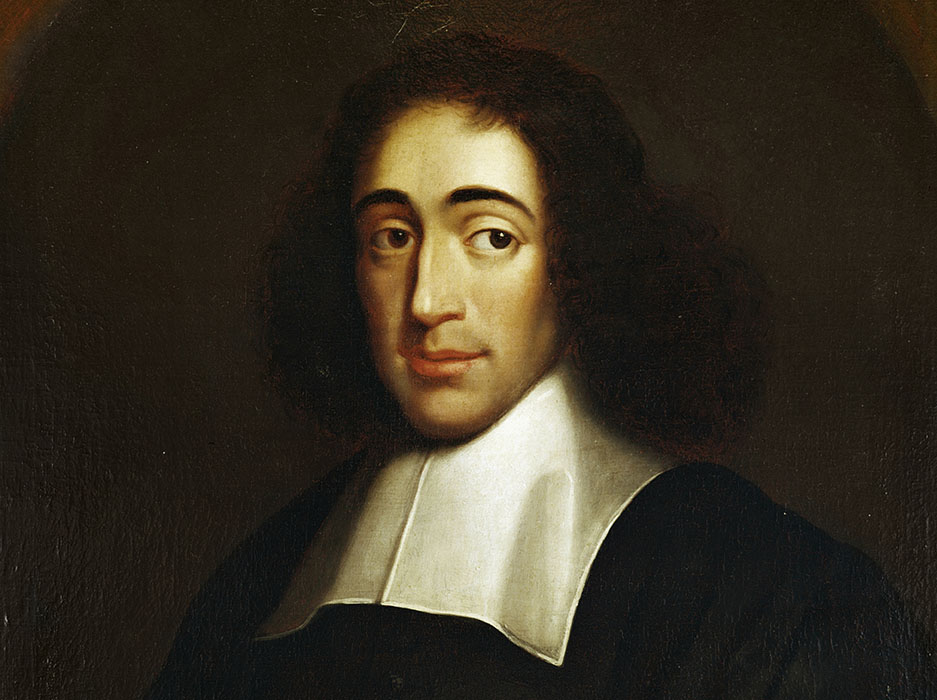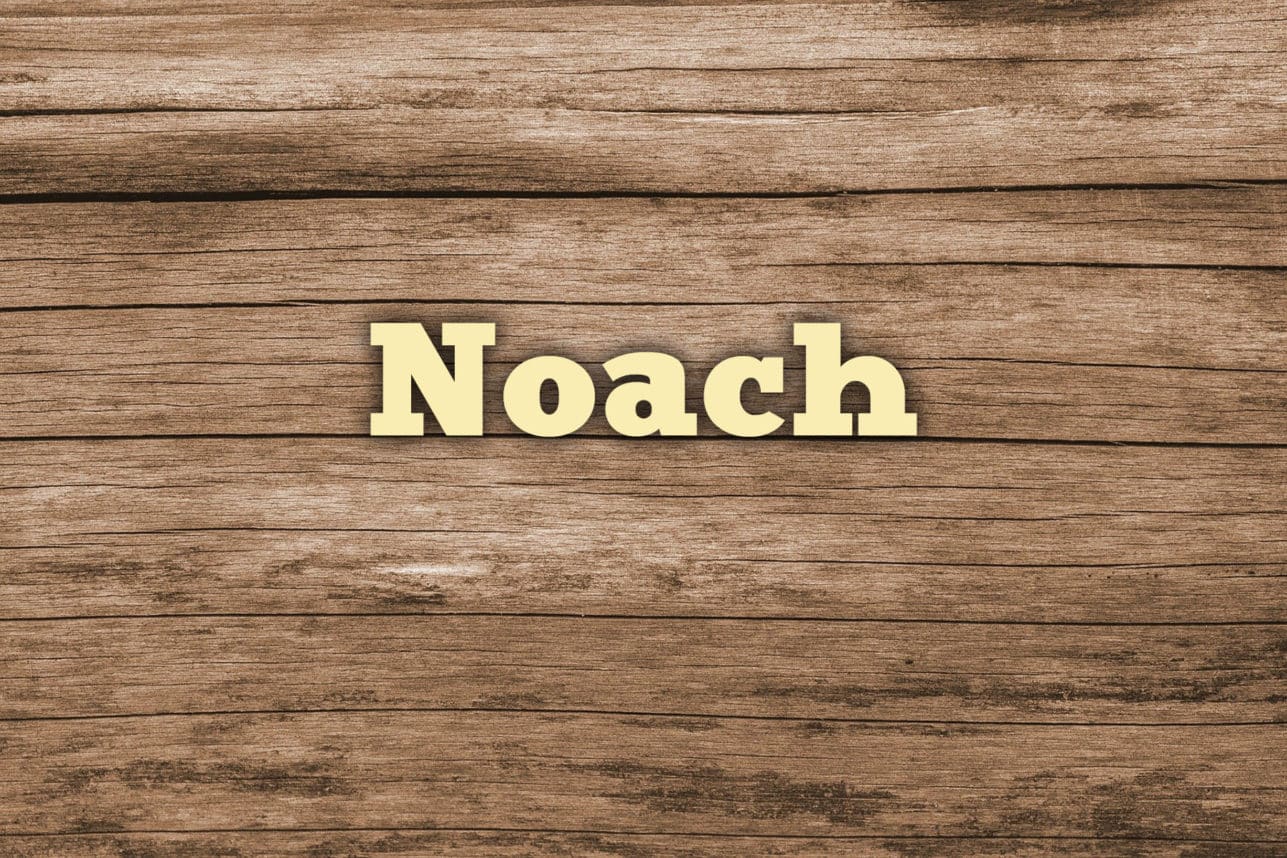
The man Novalis called a Gottbetrunkener Mensch,
Spinoza, whose first name means “Blessed,” and in Latin “ Benedicted”,
might not have minded if men called him “Bensch”—-
—- Grace After Meals—-for serving thoughts to which philosophers are frequently addicted.
Like Noah who, while God-intoxicated, reveals a misleading myth
seeming to record slavery, later categorized as a crime,
Baruch Spinoza is still maybe misunderstood by two thirds of his kith,
as are too many of my verses, not in Latin benedicted, but by rhyme.
Gen. 9:24-25 states:
When Noah woke up from his wine and learned what his youngest son had done to him,
he said, “Cursed be Canaan; The lowest of slaves shall he be to his brothers.”
And he said, “Blessed be YHWH, the God of Shem; Let Canaan be a slave to them.
Bekhor Shor, a twelfth century French Tosafist from Orleans, claimed that Noah’s curse of Ham, an ancestor of Egypt, explains why the Torah refers to Egypt in verses that include the first of the Ten Commandments, Exod.20:2, as “ a house of slaves.”
On 10/21/25 in a Torah in Motion lecture, Moshe Sokolow pointed out that the root of the Hebrew word for poet, payyetan, is probably the Greek word for poet, and not פטפט, patpat, which Jastrow identified as its root.
I suggested an alternative root for the word in Gen. 9:27, which records Noah’s poetic blessing of Japhet, the son of Noah whom rabbinic literature regards as the ancestor of Greeks:
כז יַפְתְּ אֱלֹהִים לְיֶפֶת, וְיִשְׁכֹּן בְּאָהֳלֵי-שֵׁם; וִיהִי כְנַעַן, עֶבֶד לָמוֹ. God enlarge Japheth, and he shall dwell in the tents of Shem; and let Canaan be their servant.
The name of Japhet may provide the world with the Greek word for poetry, deriving two consonants from this name..
Gershon Hepner is a poet who has written over 25,000 poems on subjects ranging from music to literature, politics to Torah. He grew up in England and moved to Los Angeles in 1976. Using his varied interests and experiences, he has authored dozens of papers in medical and academic journals, and authored “Legal Friction: Law, Narrative, and Identity Politics in Biblical Israel.” He can be reached at gershonhepner@gmail.com.

































